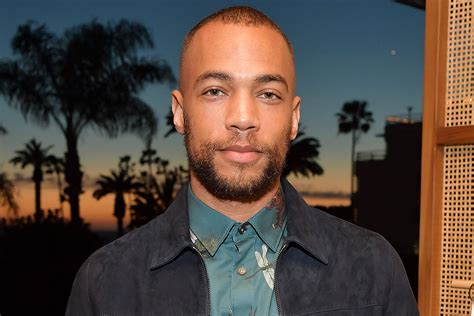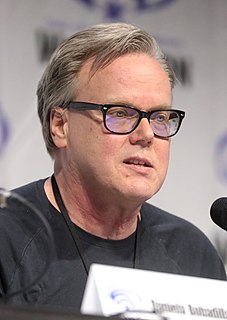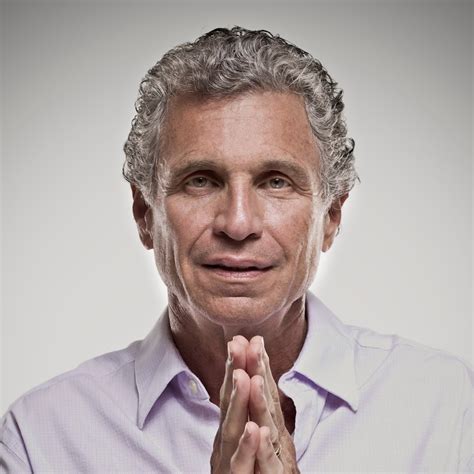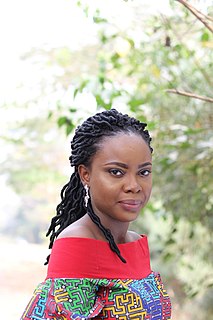A Quote by Wole Soyinka
You have the entire gamut of human experience captured in the mythology of the Yoruba. This is what makes the Yoruba mythology a natural source material for me in my creative endeavours.
Related Quotes
The gods in Yoruba mythology are not remote at all. They're benign, they're malign, they are mischievous, like Eshu for instance, tricksters, rascally, fornicators, that's a similarity to Greek mythology, for instance, you know. They're not saints, they're not saints. They're powerful. It's why they're not tyrannical. Of course, a number of them are also very, you know, benevolent, you know, there are saintly virtues to be found in them.
I see the main problem as a spiritual one, not a resource problem, or a problem with this or that government, but a larger problem centered around human beliefs, the troublesome elements founded in our mythology. Our problematic mythology is collapsing all around us. It is a mythology that is predatory.
Mythology is not a lie, mythology is poetry, it is metaphorical. It has been well said that mythology is the penultimate truth--penultimate because the ultimate cannot be put into words. It is beyond words. Beyond images, beyond that bounding rim of the Buddhist Wheel of Becoming. Mythology pitches the mind beyond that rim, to what can be known but not told.
For black people in the western hemisphere, if you can't generate a mythology that creates models of heroism and power out of the mythology that you had, then that means that somehow the mythology you had was not only feeble and weak, but that you are ultimately a powerless people. That's a notion that, I think, that can't be accepted.


































